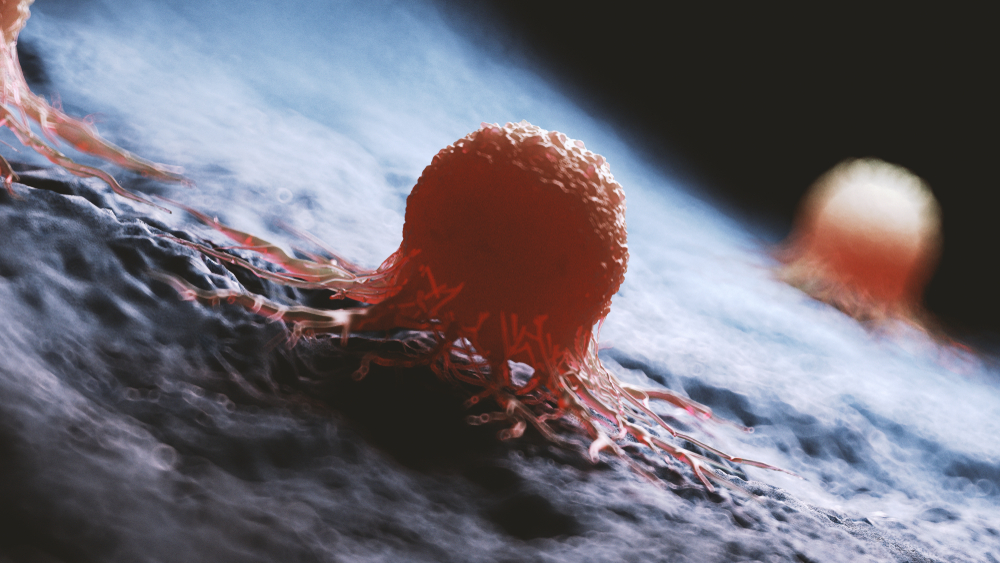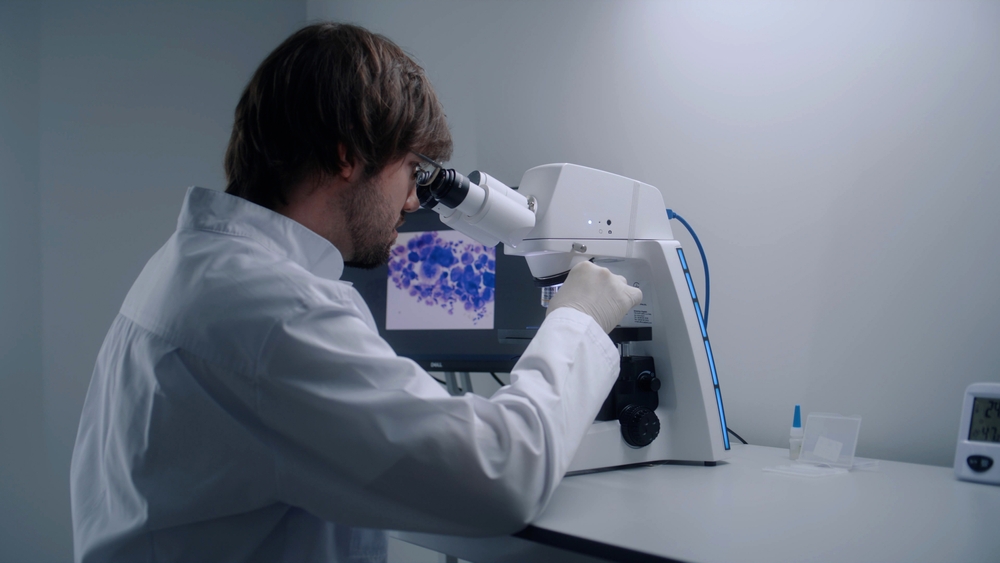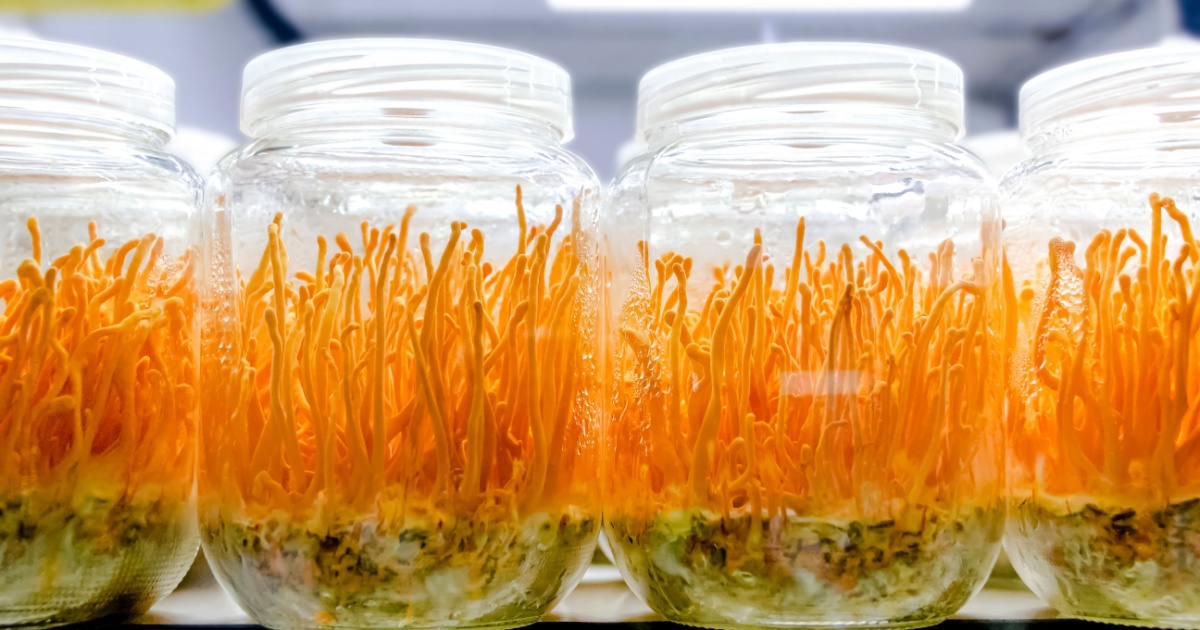In 2021, scientists at University of Oxford alongside biopharmaceutical company Nucana launched an investigation on a compound called Cordycepin. Chinese medicine has used it for centuries as a remedy derived from a Himalayan fungus. By using this compound, scientists have developed a new, potent chemotherapy drug. This drug, called NUC-7738, boosts the potency of its natural predecessor’s anti-cancer effects by up to 40 times. The process involved altering the compound to infiltrate cancerous cells more effectively.
Harnessing the Power of the Himalayan Fungus

The story begins with Ophiocordyceps sinensis, a rare parasitic fungus found on the slopes of the Himalayas. Known as the “caterpillar fungus,” it has been frequently used in traditional Chinese medicine for centuries. People believe it boosts energy, immunity, and vitality. The key active ingredient, cordycepin, is a naturally occurring nucleoside analogue recognized for its anti-inflammatory and anticancer properties.
The body’s response to cordycepin severely limits its effectiveness as a cancer therapy

The enzyme adenosine deaminase (ADA) rapidly breaks down cordycepin once it enters the bloodstream. Only a small amount is able to reach and infiltrate cancer cells. The compound also depends on specific transporters to enter in cancer cells. It needs to be converted into its active, cancer-fighting form inside the tumor, which reduces its potency.
Read More: Anal Cancer On the Rise, Study Highlights Most Vulnerable Population
The Birth of NUC-7738

Researchers at the University of Oxford partnered with biopharmaceutical company NuCana to boost cordycepin’s effectiveness by chemically modifying it. They used a proprietary method called ProTide technology, which involves attaching small chemical groups to the cordycepin molecule. These modifications make the compound more resistant to enzymatic breakdown in the bloodstream, specifically protecting it from the enzyme adenosine deaminase (ADA).
Additionally, the chemical groups enable the compound to enter cancer cells without relying on nucleoside transporters, which cordycepin normally requires. This dual effect preserves the compound’s integrity longer in circulation. It also ensures a higher concentration of the active drug accumulates inside tumor cells. This accumulation enhances the compound’s therapeutic potential against cancer.
The Result

The result is NUC-7738, a new chemotherapy agent that represents a significant upgrade over natural cordycepin. In laboratory studies, NUC-7738 demonstrated the ability to bypass resistance mechanisms that hindered its parent compound. This led to a substantial increase in anticancer potency. Scientists recorded up to 40 times greater anticancer potency in NUC-7738 than in unmodified cordycepin.
Targeting Cancer at Its Core

NUC-7738’s increased effectiveness stems from its ability to disrupt RNA polyadenylation within cancer cells. This process is crucial for mRNA stability and protein production. NUC-7738 alters the expression of immune regulatory proteins and triggers apoptosis, or programmed cell death, in malignant or cancerous cells. Importantly, these effects are achieved with minimal impact on healthy tissues, reducing the harsh side effects typically associated with conventional chemotherapy or nucleoside analogues.
Unlike traditional chemotherapy drugs, which often harm both cancerous and healthy cells, NUC-7738’s targeted action spares normal tissues, resulting in better patient tolerability. Early clinical data suggest that patients experience fewer side effects such as fatigue, nausea, and hair loss-common complaints with standard treatments.
Read More: Cancer Patients in England to Be First in Europe to Be Offered Immunotherapy Shot
From Laboratory to Patient Bedside

Initial in vitro studies confirmed NUC-7738’s superior potency and ability to overcome the pitfalls of its parent compound. Researchers have begun human trials to test efficacy, and results have been promising. In the Phase 1/2 NuTide:701 clinical trial, NUC-7738 was administered both as a monotherapy and in combination with pembrolizumab, a checkpoint inhibitor commonly used in immunotherapy. The patient group consisted of individuals with advanced solid tumors who had exhausted all standard treatment options, including those resistant to PD-1 inhibitor therapies.
Among 12 patients treated with the NUC-7738 and pembrolizumab combination, 9 (75%) achieved disease control, with two experiencing partial tumor responses and one patient seeing a 55% reduction in tumor volume. Notably, 7 patients enjoyed progression-free survival times exceeding five months. This is a significant improvement in a group where median survival is typically just 2 to 3 months. The combination therapy also maintained a favorable safety profile, with few serious adverse events reported.
Given these promising results, NUC-7738’s therapeutic potential could extend beyond melanoma and solid tumors. Its unique mechanism may be applicable to a variety of hard-to-treat cancers, including blood, liver, and pancreatic cancers, where conventional therapies often fail.
Toward Regulatory Approval

NuCana has announced plans to expand the NuTide:701 study in 2025, enrolling a larger group of patients with PD-1 inhibitor-resistant melanoma. The company is also preparing to engage with the US Food and Drug Administration to discuss the pathway for regulatory approval and broader clinical use.
Modern Hope

By unlocking and amplifying the therapeutic potential of cordycepin, researchers have created a compound that not only overcomes the limitations of its natural form but also offers new hope to patients facing the most formidable cancers.
As NUC-7738 advances through clinical trials, the promise of new, effective cancer treatments instill hope and highlight the growth of possibilities stemming from ancient knowledge. With new scientific approaches and old medical treatments, the answer to medical woes may not require new substances, but new ways of approaching old medicines.
Disclaimer: This information is not intended to be a substitute for professional medical advice, diagnosis or treatment and is for information only. Always seek the advice of your physician or another qualified health provider with any questions about your medical condition and/or current medication. Do not disregard professional medical advice or delay seeking advice or treatment because of something you have read here.
Read More: Against the Odds: Terminal Colon Cancer Patient Recovers After Experimental Therapy

